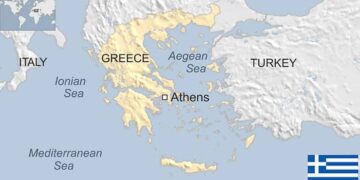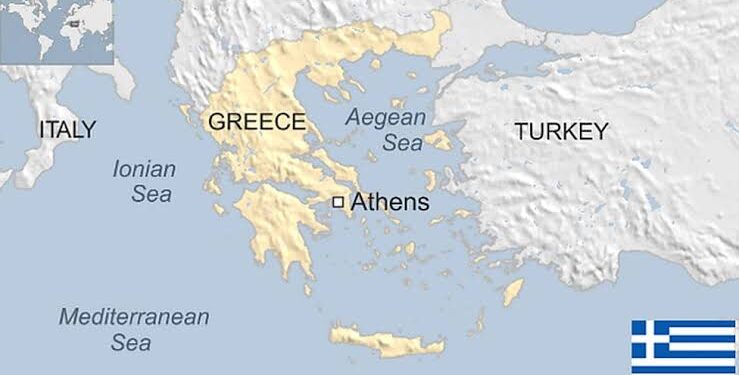By Oyintari Ben
ATHENS – After last weekend’s contested election, Greece’s president will name a caretaker prime minister on Wednesday to establish a government that will oversee a new vote on June 25.
Despite polling 40.1% of the vote last Sunday, the conservative New Democracy party of Prime Minister Kyriakos Mitsotakis narrowly missed winning an absolute majority. The top three parties in the nation, including New Democracy, have rejected a call for a governing coalition and instead advocated for a second poll on June 25.
Mitsotakis believes that a second vote, in which the winning party receives additional seats, will give New Democracy the necessary majority to rule alone.
After failing to win enough members in the 300-seat legislature, opposition parties also rebuffed separate proposals to form a partnership. They believe that a second vote will increase their support.
The president invited the heads of all the parties whose percentage of the vote exceeded the 3% mark to a meeting on Wednesday to discuss the next measures. The invitation was formal, and the quick discussions did not result in the formation of a coalition government.
According to the Greek constitution, if coalition negotiations fall through, the president names a caretaker prime minister to lead the nation to a new election.
The job will go to Ioannis Sarmas, a senior judge and the head of the Hellenic Court of Audit, one of the three top courts in the nation.
A new election will be held on June 25, according to Dimitris Koutsoumbas, the leader of the communist KKE party.
Koutsoumbas said on state television station ERT, “We are being led to a caretaker government, with elections on June 25, and there we will fight.”
According to Greece’s electoral system, the winner of a second vote after a first vote that is not declared a winner might obtain up to 50 bonus seats for each additional point it gains over 25%.
To receive bonus seats, New Democracy must remain the largest party, although that is plausible given that Syriza, its closest competitor, received only a fifth of the vote on May 21. It will most certainly have a decisive majority if it receives 40% of the vote or even slightly less in a second election.
The total number of seats New Democracy secures will, however, depends on how many other parties make it into parliament.
The new parliament, which emerged from the May 21 election, will convene next Sunday and be dissolved a day later before the caretaker government takes over.




































